On November 30, 2022, OpenAI launched an early demo of ChatGPT, the advanced language model that preceded a host of new language models, and forever changed the conversation around college admissions. But, as with any new technological development, uncertainty abounds as to its appropriate use, and some strategic insight can help you maximize its potential. Particularly, the role of AI in college essays has become a hot topic of discussion among students and educators alike.
When to Use AI (When it’s Ethically Sourced and Illuminating)
While AI has gained notoriety for hallucinating information, and thus should always be fact-checked, it is a powerful research tool that can be leveraged as a launch point for further inquiry. Calling on AI in college essays to help you decide which colleges to apply to, for instance, is an excellent idea. While one could conceivably start from scratch, and simply begin a conversation with one of the bots about school selection, it’s more efficient to do some of the foundational legwork yourself. For instance, I ask each of our clients to begin by considering the following factors: school size, geographic preference, environment (rural or urban), and specific programs.
With this information in hand, offer it to your bot of choice.
You might enter:
“I’m looking for a small undergraduate institution in a rural location, preferably in the northeast, with a strong political science department. Can you help me create a list of 10 possible schools that fit this criteria?”
Bing’s list is reasonably diverse—Williams, Bowdoin, Colgate, Hamilton, etc.—and includes under each suggestion information regarding the size and location of the school, as well as key takeaways about the political science department. The next step is to go to each school’s website and read more about the department itself, and then if that intrigues you, broaden the scope of your inquiry to include school culture, extracurriculars, and special programs, and anything else of particular interest. If you’re excited by what you see, that’s a great sign—add the school to your list! To ensure a balance between reaches, targets, and safeties, you might challenge the bot to cross-reference your results with US News rankings or plug your own stats into a postsecondary educational institution acceptance calculator like Niche. Of course, if you ultimately decide you’re not ready to take the leap to college, you can ask the bots to help you come up with ideas for a gap year, an increasingly popular choice applauded by colleges, as long as you make productive use of your time.
When Not to Use AI (When it’s Cheating and/or Beyond the Bot’s Capacities)
As for when not to use AI in college essays—anywhere originality or authenticity are valued.
Especially never on a college essay, where the question becomes not simply whether should AI do your work for you, but whether can it.
The first question—should AI write my college essay for me—is easy.
No.
For multiple reasons.
The low-hanging fruit?
It’s plagiarism, which beyond the ethical concerns of taking credit for someone—or in this case, something—else’s work, comes with harsh penalties if detected by the office of undergraduate admissions.
AI detection software is already adept and is rapidly improving. And, while the infrastructure for colleges to share data on plagiarists of this nature is not yet in place, one can conceive of its existence as soon as storage solutions become available. Meaning, that even as AI becomes better at writing, it’s also becoming better at identifying the difference between human-generated and AI-generated content. Even for those who actively alter AI-generated content, any breadcrumb left on the trail could lead to detection, and ultimately—obviously—to rejection.
Now, whether an AI bot can write your essay is a question that (at the time of writing) depends in large part on the schools where you’re seeking admission. There’s no question that certain bots are sophisticated enough to efficiently compile (“compose” feels like a misnomer here, as bots “write” by mining existing data predicting the next logical word in a sequence) an essay that meets the basic requirements for less selective schools.
However, the expectations for applicants at highly selective schools increase exponentially and inelastically with the target school’s admit rate. As acceptance rates continue to drop, successful applicants must maintain weighted GPAs in the 4.0+ range and standardized test scores above 1500 (SAT) and/or 34 (ACT). With so little room for differentiation in the numbers, the essay becomes an essential opportunity for you to differentiate yourself. Highly selective schools like Yale are looking for essays that are authentic and voice-driven—after all, “If an essay doesn’t sound like the person who writes it, it cannot serve very well as a personal statement,” and admissions officers are as concerned about their overall class profile as they are with the individual applicants themselves.
Ultimately, relating an authentic, revelatory narrative will help decision-makers see the value in your candidacy beyond the numbers. It goes without saying that employing someone or something else to write your essays is inviting a degree of separation in the process. In a competition this tight, where character and personal potential are equally important, there’s no way to cut corners without getting lost, or simply being disqualified.
If you are an aspiring, driven, high-achieving student who wants to take your prep-school, undergraduate, or graduate school applications to the next level, apply with Dimension Admissions.
